AONM Advisory Panel
AONM’s Advisory Panel includes scientists, experts in nutritional medicine and medical doctors who are involved in clinical practice, academic research and/or teaching. The members are all professionals whom AONM applaud for being responsible for innovative approaches or treatments for a range of chronic conditions which are often misdiagnosed or where treatment and understanding has lagged behind in mainstream medical practice. The experts have spoken or participated in AONM conferences, seminars and webinars which are designed to develop the bounds of a scientific understanding through what are primarily natural, non-invasive and integrative approaches to medicine.
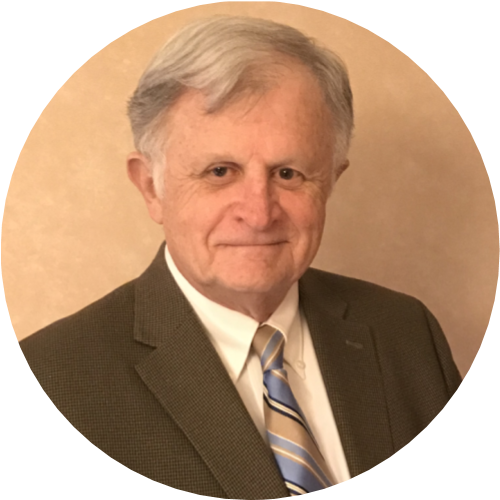
Professor ROBERT C. BRANSFIELD, MD, DLFAPA
Professor Bransfield is board certified by the American Board of Psychiatry and Neurology in Psychiatry. He is Clinical Associate Professor at Rutgers, Robert Wood Johnson Medical School, and also works in private practice. He has held teaching appointments at Hahnemann Medical College and Eastern Virginia Medical School. Dr. Bransfield has a particular interest in psychopharmacology, a unified theory of mental health and illness, the link between microbes and mental illness, Lyme and other tick-borne disease, and the link between microbes and violence.

Professor Leona Gilbert
Professor Gilbert is a Docent / Adjunct Professor of Cell and Molecular Biology and the CEO of Te?ted Oy, a university spinoff company that has a goal to get the patient tested so they can be treated and recover quicker. Leona has over 20 years’ experience in research driven initiatives that provided valuable tools for patients.
She has a doctorate in biotechnology and a very long experience in bio-innovation and bio-business. She has supervised numerous PhD, MSc and BSc students and her various peer-reviewed articles span turning research results into translational value with developing novel delivery vectors as well as diagnostic lab-on-chip platforms.
In addition, Leona’s publications also demonstrate the thorough investigation of how a common virus or bacterium can contribute to autoimmune diseases. Another highlight in these publications is the demonstration of a multi-disciplinary background and collaborative efforts between clinicians, microbiologists, diagnostic developers, nano-scientists, physicists, and engineers.
Gilbert’s research initiatives into complete diagnostic platforms and clinical profiling of patients for tick-borne and autoimmune diseases will allow a better understanding of how chronic conditions could be established with infectious pathogens.

Professor Malcolm Hooper
Professor Hooper is an Advisory Board member. He has served at many UK universities as well as in India and Tanzania and has inaugurated links with Indian research institutions and universities and celebrated more than 25 years of productive and on-going links which have, particularly, involved the design and development of new drugs for tropical diseases and an exploration of natural products associated with Ayurvedic medicine. He has published some 50 papers in peer-reviewed journals in the field of medicinal chemistry together with major reviews on the Chemotherapy of Leprosy, the Chemistry of Isatogens. He has served on committees of the Council for National Academic Awards (CNAA), the World Health Organisation (WHO) and the Science and Engineering Research Council (SERC).
Professor Hooper is a member of a number of learned bodies, including the Royal Chemical Society, the British Pharmacological Society and the Society for Drug Research (SDR), now renamed the Society for Medicines Research, where he has served on the committee for 12 years and served as Chairman for 2 years. He was appointed Chief Scientific Advisor to the Gulf Veterans Association (GVA) and accepted by the Ministry of Defence (MoD) as their nominee on the Independent Panel established to consider the possible interactions between Vaccines and NAPS tablets. He has also served on the Gulf Support Group convened at the Royal British Legion.
He is Patron of the Sunderland and South Shields M.E. Association and a member of the Newcastle Research Group, which includes eminent physicians and scientists performing research in to CFS/M.E., where one recent aspect has been the identification of organochlorine pesticide poisoning being misdiagnosed as M.E. He is also Medical Advisor for The Grace Charity for ME.
He worked with the Autism Research Unit (ARU) at the University of Sunderland for over 20 years, leading to involvement in biochemical studies to offer help, support and treatment for people with autism. This has also lead to research and urine-analysis of Indolyl-Acroyl-Glycine (IAG), which is an unusual metabolite found in excess of 90% of people examined in different groups of GWV, M.E and Organo-Phosphate (OP) poisoning sufferers. He served on the General Synod of the Church of England from 1970 to 1980 and he is a Christian Lay Leader, Preacher and Teacher.
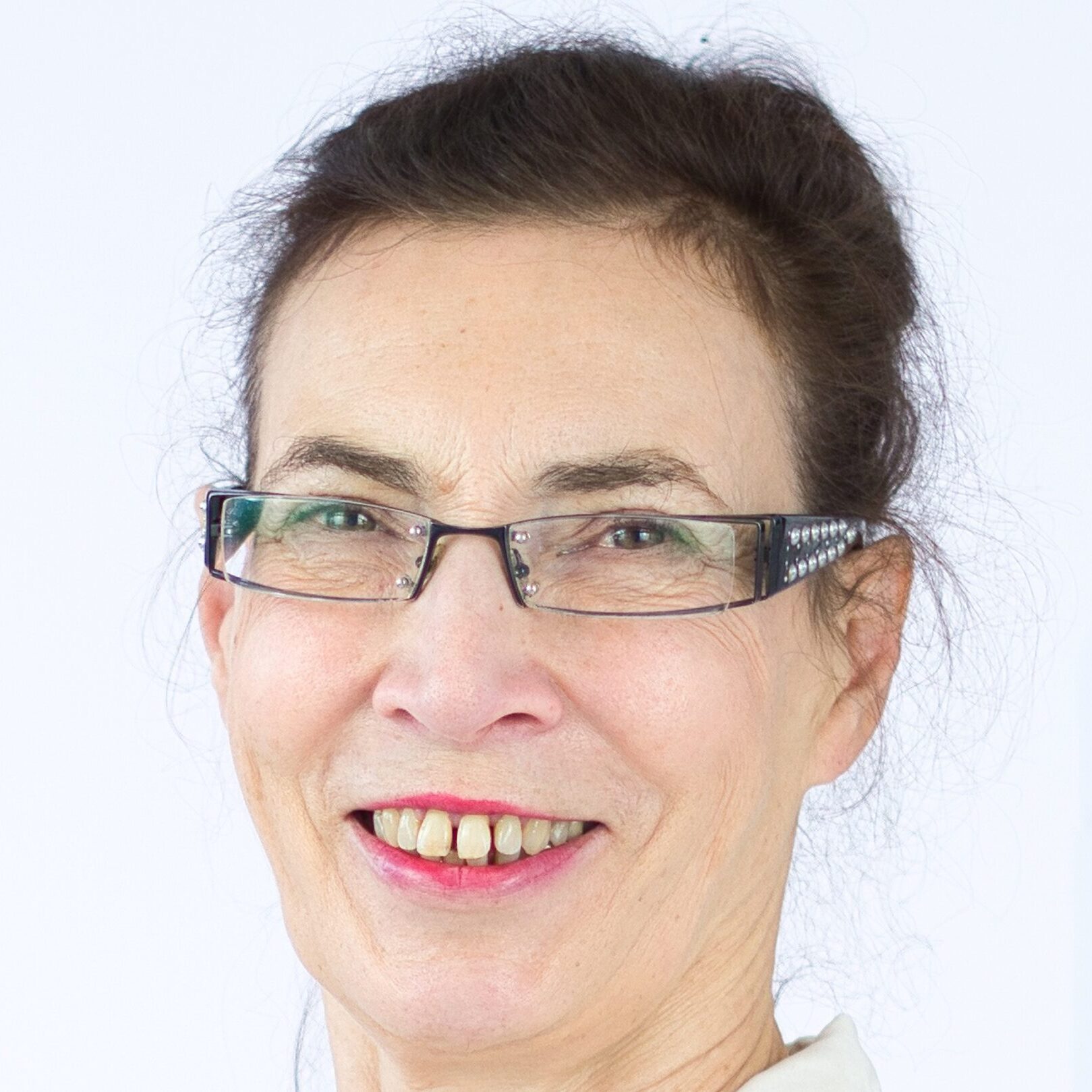
Professor Brigitte König MMD Laboratory, Magdeburg
Brigitte König is Professor of Medical Microbiology and Virology, Infectious Immunology and Infectious Epidemiology. She has degrees in Biology, Chemistry and Medicine, and a PhD in Medical Microbiology and Infectious Immunology.
She has served as Deputy Director of the Institute of Medical Microbiology and Epidemiology of Infectious Diseases at Leipzig University and as Head of the Department of Molecular Microbiology, Diagnostics and Biotechnology at the Otto von Guericke University in Magdeburg.
Professor König has been responsible for the quality management of the Institute of Medical Microbiology of the Otto von Guericke University and the Medical Faculty of Leipzig.
Professor König founded the Magdeburg Molecular Detections laboratory (MMD) in 2008, and is its Managing Director.
She has written five books and nine book chapters, as well as publishing 130 peer-reviewed articles as first author and 503 peer-reviewed scientific articles.
Professor König has a Certificate in Management Studies from the University of Hagen. She has professional memberships with the European Society of Clinical Microbiology and Infectious Diseases, the DGHM (German Society for Hygiene and Microbiology) and the DGFI (German Society for Infectious Diseases). She is the recipient of several prestigious awards, including a Postdoctoral Fellow Award from the American Society of Microbiology.
Magdeburg Molecular Detections (MMD) is located in Magdeburg, Germany. It works closely with the Medical Faculty of the University of Magdeburg and is dedicated to “putting together the puzzle” of a patient’s results to help detect the underlying causes of their health issues.
Contact: mitochondria@aonm.org

Professor John Lambert, MD, PhD
Professor John Lambert is a renowned Consultant in Medicine/GUM/Infectious Diseases and Senior Lecturer at Mater Misericordiae Hospital, Rotunda Hospital, and University College Dublin. With a strong background in infectious diseases and paediatrics, Professor Lambert has excelled in both clinical practice and academia. His impressive qualifications include a PhD and board certifications in internal medicine, paediatrics, and infectious diseases. Professor Lambert’s expertise and dedication have earned him positions as Director of the AIDS Educational and Training Centre and various committee memberships, highlighting his commitment to research, education, and healthcare improvement. He continues to contribute significantly to the medical field and is highly regarded for his extensive knowledge and experience.
Professor Lambert’s exceptional career spans prestigious institutions such as the University of Rochester School of Medicine, Johns Hopkins University School of Medicine, and University College London. He has received accolades for his teaching and has actively engaged in peer review work for esteemed medical journals. Professor Lambert’s passion for advancing medical knowledge and improving patient outcomes drives his commitment to clinical research, education, and patient care.
Professor Lambert has also made significant contributions to the understanding and management of Lyme disease and Long COVID, conducting research and providing clinical care. His work in these areas highlights his commitment to addressing emerging health challenges and improving patient outcomes.
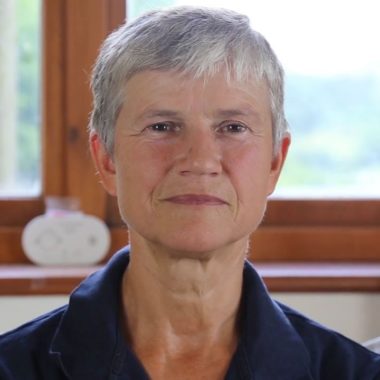
Dr. Sarah Myhill MB BS
Dr. Myhill is qualified in Medicine (with honours) from the Middlesex Hospital Medical School in 1981 and has since focused tirelessly on identifying and treating the underlying causes of health problems, especially the ‘diseases of civilisation’ with which we are beset in the West. She has worked in the NHS and private practice and for 17 years was the Honorary Secretary of the British Society for Ecological Medicine, which focuses on the causes of disease and treating through diet, vitamins and minerals and through avoiding toxic stress. She is also a founder member of OPUS (organophosphate users support group) – a charity to help sufferers of pesticide poisoning. Visit her website at www.drmyhill.co.uk
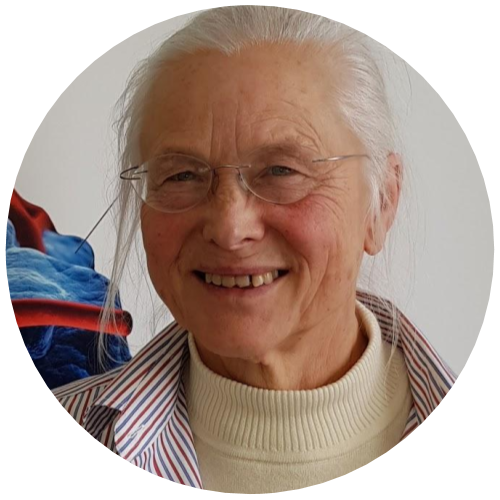
Professor Katharina Pachmann
PROFESSOR. DR. MED. KATHARINA PACHMANN runs the Maintrac laboratory in Bayreuth, Germany, together with Dr. Ulrich Pachmann and a staff of 45. As both a medical doctor and research scientist, she has been conducting studies in this field and refining related techniques for over two decades, and has authored over a hundred scientific publications on the technique (https://aonm.org/scientific-articles-and-studies/)

Dr. Armin Schwarzbach, Ph.D, MD
Dr. Armin Schwarzbach, Ph.D, MD has specialised in laboratory medicine and the diagnosis and treatment of patients with tick-borne diseases for over 20 years.
He studied Biochemistry, Pharmacology and Medicine in Germany, and worked in hospitals in the fields of internal medicine, oncology, cardiology, gastroenterology, nephrology and infectology. He developed the first Radioimmunoassay (RIA) for the human Gastric Inhibitory Polypeptide (hGIP) and started specialising in laboratory medicine in the areas of infectology, microbiology, immunology, hematology, clinical chemistry, endocrinology and gynaecological endocrinology.
He is founder and CEO of ArminLabs, Augsburg, Germany, dedicated to the diagnosis of tick-borne diseases.
Dr. Schwarzbach is a former Board Member of the International Lyme and Associated Diseases Society (ILADS), USA, and serves as an expert on advisory committees on Lyme Disease in Australia, Ireland, France and Germany. He is also a member of working groups for Lyme Disease in France and Canada.
He took part in the Hilysens I and II scientific research projects organised by the European Union. These aimed at developing a prototype of a highly sensitive lab-on-a-chip tool for Borrelia burgdorferi IgG and IgM antibodies.
Having tested over 50,000 patients for tick-borne diseases, Dr. Schwarzbach is acutely aware of the insufficient sensitivity and standardization of Borrelia antibody ELISA and immunoblot tests. His goal is to make tests available that have greater sensitivity and specificity as well as to disseminate information regarding the importance of early diagnosis and treatment of tick-borne diseases.
Dr. Schwarzbach is a member of:
- The German Borreliosis Society
- The Swiss Association for Tick-borne diseases
- The German Association of Clinical Chemistry and Laboratory Medicine
- The German Society for Medical Laboratory Specialists
- The Australasian Integrative Medicine Association.

Professor Craig Shimasaki, PhD, MBA. Moleculera Labs Co-Founder, President and CEO.
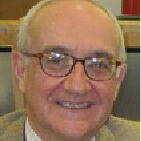
Professor Albert C Vincenti MD, FRCPath
Professor Albert Cilia Vincenti used to be the HM Coroner’s Pathologist and Director of Pathology Services to the UK and Maltese NHS. He was also a tutor at London University, and Consultant Surgical Pathologist and Pathology Director to Winchester & Eastleigh Health Care Trust in the UK. Additionally, he is a scientific delegate to the European Medicines Agency.
During his long and successful career as a pathologist he has witnessed first-hand the devastating links between nutrition and disease, and has made it his ultimate mission to spread the news about alternative approaches to health. He has published many articles in medical journals and journals on natural treatments, particularly for reversing cardiovascular disease and diabetes.
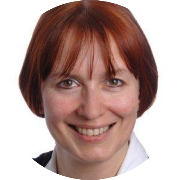
Gilian Crowther MA
Gilian Crowther is a fully qualified Naturopath and Nutritional Therapist with many years of experience practicing both in Germany and the UK. She specialises in complex multisystem disorders and finds that her core focus on mitochondrial dysfunction is fundamental to the success she has found in guiding her patients towards improved health and well-being.
Gilian’s dedication to her field is evident through her involvement with various professional organisations. She has been an advisor to the Academy of Nutritional Medicine since 2010, where she helps guide some of the organisation’s research specific to her scope of practice and also contributes to the coordination of the Academy’s events and outreach initiatives.
She is registered with several professional bodies including the British Association for Nutrition and Lifestyle Medicine (BANT), the Naturopathic Nutrition Association (NNA), the General Naturopathic Council (GNC) and the Complementary and Natural Healthcare Council (CNHC). She is also a member of the Royal Society of Medicine (RSM), and the British Society of Ecological Medicine (BSEM).
By adhering to the strict codes of conduct, ethics and performance of the professional bodies with which she is registered Gilian ensures the highest standard of professionalism in her naturopathy and nutritional therapy practice.
